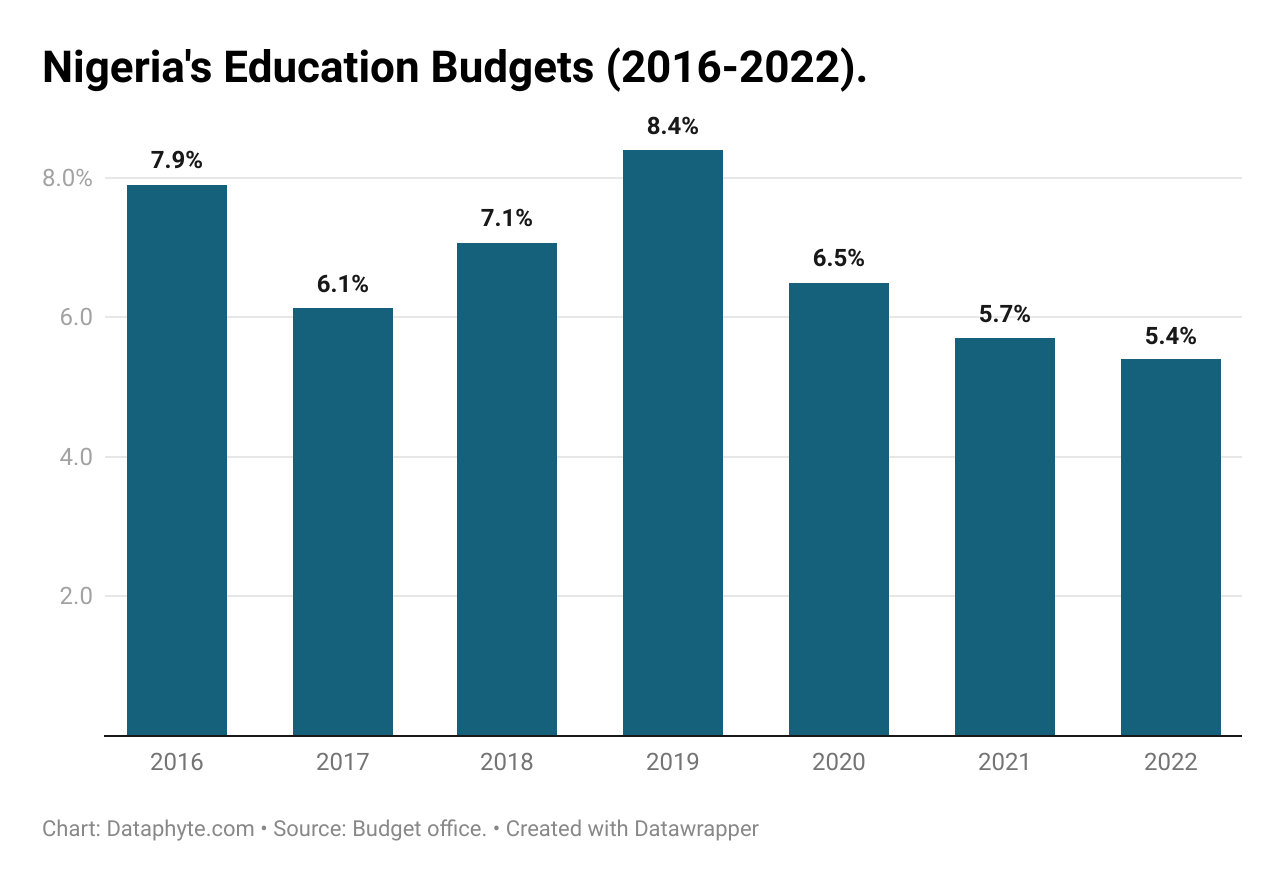FG urged to declare state of emergency, increase education budget
The West African Civil Society Forum (WACSOF) has said it is high time the Nigerian government declared an emergency in the education sector and called on stakeholders for frank dialogue on the state of education in the country. This is even as the forum said the government should stop the disruptions to the education sector, […]

The West African Civil Society Forum (WACSOF) has said it is high time the Nigerian government declared an emergency in the education sector and called on stakeholders for frank dialogue on the state of education in the country.
This is even as the forum said the government should stop the disruptions to the education sector, increase budgetary allocations to the sector and return Nigerian children and young adults back to school.
WACSOF was created by ECOWAS as an umbrella network of civil society organisations (CSOs) from the 15 member states of the Economic Community of West African States (ECOWAS).
It is a civil society membership organisation, which is a partner and advisor to ECOWAS and many institutions of which Nigeria is a strong member.
The forum, in a statement signed by the National Coordinator, WACSOF Nigeria Platform, Lady Rose, said the United Nations Educational, Scientific and Cultural Organisation (UNESCO) had drawn to their notice that there are 244 million children and youth between the ages of 6 and 18 years worldwide (who) are still out of school, of which Nigeria now has about 20 million.
This is according to the latest global data on out-of-school children by UNESCO.
“It is also known that there is no public school registration for the WAEC examination in Soot and Zamfara states, and some candidates in some South-East states cannot participate in the UMTE examinations due to the sit-at-home orders of the outlawed Indigenous People of Biafra (IPOB).”
She said these are a few of the developments negatively affecting the education sector.
“It is also worrisome to us that the education sector crisis has been made worse by the intractable insecurity in various parts of Nigeria, the girl child educational inequity, and poverty that has denied access to quality education by the majority of Nigerians.”
